Old polychromy, the hands are original. Very few losses, very good general condition given the age of the piece.
Germany 16th century.
Pilgrim and miracle worker, Saint Roch was born, in the middle of the Hundred Years' War, in the city of Montpellier, of which he would become the patron saint. When his parents died, he took the habit of a pilgrim and set out towards Rome. Once his pilgrimage was completed, he cared for many sick people, in Italy and elsewhere in Europe. He himself fell ill and an angel of the Lord came to his aid. His body and soul were saved by his great faith and complete trust in God. On the way back to Montpellier, he was accused of espionage, not wanting to reveal his identity. Locked up in prison in Voghera, he died after five years of confinement. It was thanks to his birthmark, on his chest, in the shape of a cross, that, years later, we could identify his body. Today, most of his body is still in Italy, in the church of the Scuola Grande di San Rocco, in Venice. On the other hand, one of his bones is in a chapel, at the back of the Saint-Roch sanctuary, in Montpellier, where his pilgrim's staff is also located. Saint Roch and his miraculous healings Arriving in Italy, in the town of Acquapendente, ravaged by the plague, he began to heal the sick, without fear of being contaminated. He made a simple sign of the cross over the suffering people, and they were delivered from their illness. He continued his journey to the town of Cesena. The entire city was freed from the plague, thanks to Saint Roch. He then went to Rome, where he treated a cardinal and the sick at the Hospital of the Holy Spirit. Pope Urban V, seeing this, remitted his faults to him. Saint Roch remained in the holy city for three years, before setting off again on the roads of Europe, to heal the sick. He stopped, in particular, at the hospital of Notre-Dame de Bethléhem in the town of Plaisance. He had to stop, he himself was suffering from the plague. He suffered a lot in the name of the Catholic faith but did not die a martyr's death. For this, the Church granted him the canonical title of confessor.













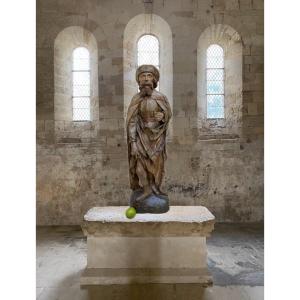













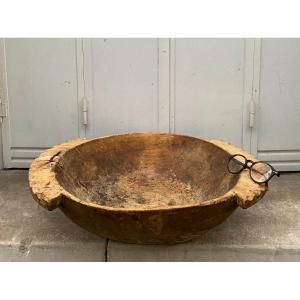



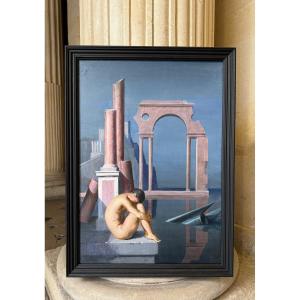
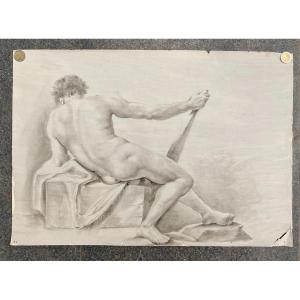
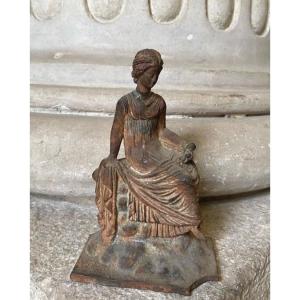


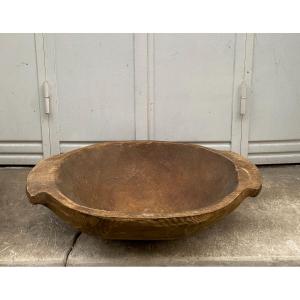


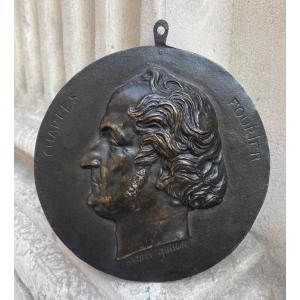
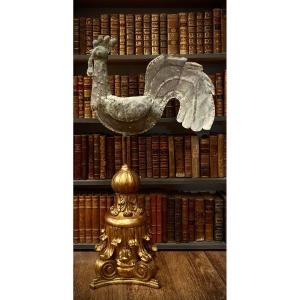
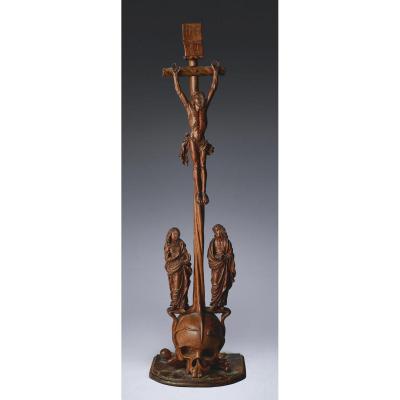


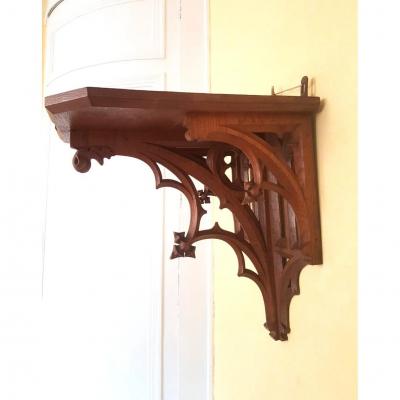



 Le Magazine de PROANTIC
Le Magazine de PROANTIC TRÉSORS Magazine
TRÉSORS Magazine Rivista Artiquariato
Rivista Artiquariato